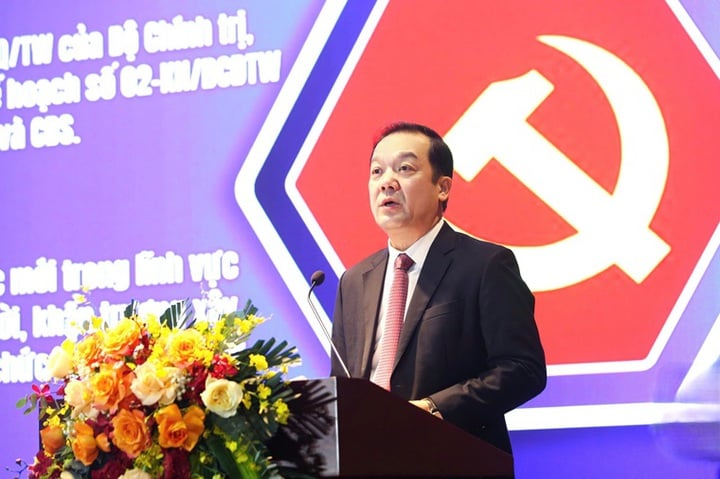
Deputy Minister Pham Duc Long presented a summary report on key directions and tasks for the last 6 months of 2025.
Organizational consolidation
On March 1, 2025, the Ministry of Science and Technology officially operated under a new organizational model after merging two ministerial-level agencies (Information and Communications, Science and Technology), marking a historic shift in the structure of the state management apparatus.
The merger is not just an organizational merger, but a comprehensive restructuring process from the operating mechanism, functions and tasks, to organizational culture and governance model. The new Ministry of Science and Technology is positioned as the key agency leading the four key pillars: Science - Technology - Innovation - Digital Transformation.
In the first quarter of 2025, the Ministry submitted to the Government Decree No. 55/2025/ND-CP stipulating the functions, tasks, powers and organizational structure; reducing the number of units under the Ministry from 42 to 25 (a reduction of 40.5%); issuing 49 internal decisions on the functions and tasks of the component units. At the same time, completing the transfer of areas not under the management scope to the right specialized Ministry/branch, including: Press, Publishing, External Information, Information Security and Inspection. The new organizational model is designed to be streamlined, modern, and flexibly adaptable to the country's new changes, focusing on efficiency and serving the people and businesses.
Perfecting institutions and creating policies
One of the highlights in the first 6 months of the year is that the Ministry advised the Politburo to issue 4 key Resolutions: Resolution 57-NQ/TW on breakthrough development of science, technology, innovation and digital transformation; Resolution 59-NQ/TW on international integration; Resolution 66-NQ/TW on innovation in law-making; Resolution 68-NQ/TW on private economic development.
Notably, at the 9th Session of the 15th National Assembly, the Ministry submitted and simultaneously approved 5 important draft laws: Law on Science, Technology and Innovation; Law on Digital Technology Industry; Law on amending and supplementing a number of articles of the Law on Technical Standards and Regulations; Law on amending and supplementing a number of articles of the Law on Product and Goods Quality; Law on Atomic Energy (amended). The Ministry of Science and Technology became the unit with the largest number of laws passed at the session, demonstrating its outstanding policy capacity and the role of "institutional architect" for the national development model in the new period.
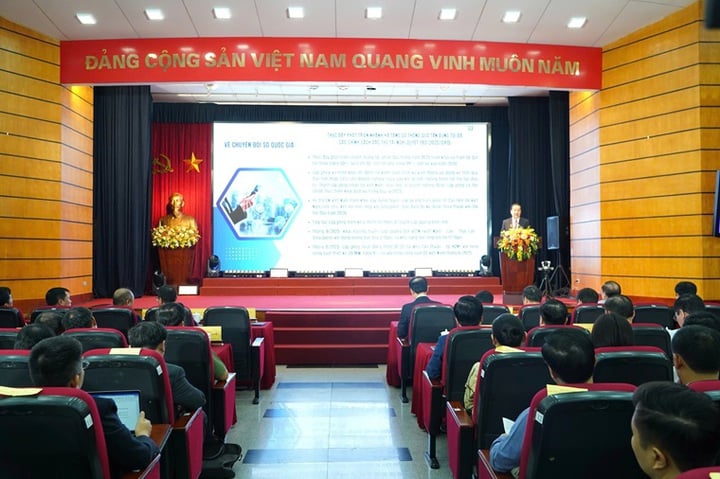
Overview of the Conference
Promoting decentralization and delegation of power to realize Resolution No. 18-NQ/TW of the Politburo
Implementing Resolution No. 18-NQ/TW on innovation and reorganization of the apparatus towards streamlining, effectiveness and efficiency, the Ministry has proactively advised the Government to issue two important decrees: Decree No. 132/2025/ND-CP on the division of authority between local government levels; Decree No. 133/2025/ND-CP regulating decentralization and delegation of authority in the fields of science, technology, innovation and digital transformation.
The Ministry of Science and Technology has decentralized 78 tasks and assigned authority to 6 tasks from district level to commune level and up to provincial level .
The Ministry has also issued two specialized circulars guiding implementation, and announced the list of administrative procedures amended, supplemented and abolished according to Decision No. 1442/QD-BKHCN.
The "one-stop shop - one-stop shop" model is widely applied, creating favorable conditions for people and businesses.
Outstanding results in 4 strategic pillars in the first 6 months of 2025
Science:
- International publications increased by nearly 9%, especially in key fields: Engineering, Computer Science, Mathematics, Medicine, Social Sciences.
- Issued 849 certificates of research results.
- 42 national science and technology programs are being implemented, connecting research - production and practical application.
Technology:
- Granted 15 technology transfer certificates; 5 renewal certificates.
- More than 1,000 licenses in the field of atomic energy; many radiation-isotope applications deployed in medicine, agriculture, and industry.
- The number of international standards accepted by Vietnam increased by 25%; the number of codes and barcodes issued increased by nearly 9%.
- More than 40,000 protection certificates were granted (up 58.3% over the same period in 2024).
Innovation:
- Vietnam ranked 44/133 in GII 2024, up 2 places from last year, continuing to lead the group of middle-income countries.
- Launching Vietnam Technology Exchange; the country has 24 technology exchanges in operation.
- 940 science and technology enterprises, about 4,000 innovative startups; an expanded ecosystem with 208 investment funds, 84 incubators, and 40 business promotion organizations.
Digital transformation:
- 630 million transactions on the National Data Integration and Sharing Platform (achieving 73% of the annual plan).
- The rate of online application completion is nearly 40%, improving the efficiency of public service provision.
- More than 75,000 digital technology businesses are operating stably.
- Post and Telecommunications grew strongly: revenue increased by 12.8%, network speed led the region, IPv6 reached 65% - in the top 10 in the world.
- The digital economy accounts for 18.72% of GDP, up 10% over the same period; of which the core digital economy reaches 8.63%.
Think big - Act big - Lead development
The results achieved in the first 6 months of 2025 are proof of a new management model: Scientific, effective and leading.
In the context of the newly merged organizational apparatus and a lot of work, the Ministry still implements 3 key points in parallel: Perfecting the organization, perfecting the institutions and implementing professional tasks in 4 key areas.
In the last 6 months of 2025, the Ministry of Science and Technology has identified this as a pivotal time, of decisive significance for the successful completion of the 5-year Plan 2021-2025. Accordingly, the key tasks include: Submitting to the Government to develop and amend draft laws: Law on Digital Transformation, Law on Intellectual Property (amended), Law on High Technology, Law on Technology Transfer; Submitting to the Prime Minister to issue decrees guiding the implementation of 5 new laws passed by the National Assembly; Deploying the National Program on Strategic Technology and Industry Development; Successfully organizing the Congress of Delegates of the Party Committee of the Ministry of Science and Technology for the term 2025-2030; Continuing to improve the industry database system, promoting the implementation of the Digitalized Vietnamese Knowledge System Project in the new phase./.
Source: https://mst.gov.vn/bo-khoa-hoc-va-cong-nghe-so-ket-cong-tac-6-thang-dau-nam-2025-197250714095224008.htm



![[Photo] General Secretary To Lam receives the Director of the Academy of Public Administration and National Economy under the President of the Russian Federation](/_next/image?url=https%3A%2F%2Fvphoto.vietnam.vn%2Fthumb%2F1200x675%2Fvietnam%2Fresource%2FIMAGE%2F2025%2F12%2F08%2F1765200203892_a1-bnd-0933-4198-jpg.webp&w=3840&q=75)







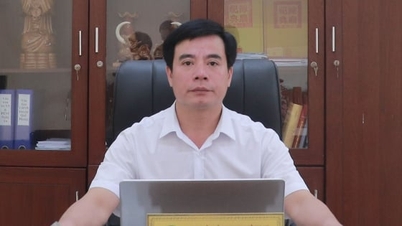



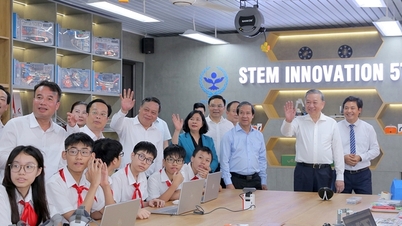



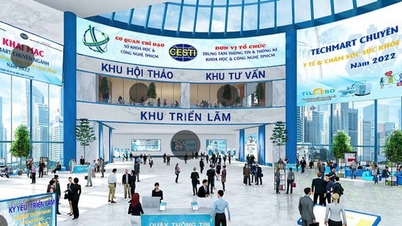

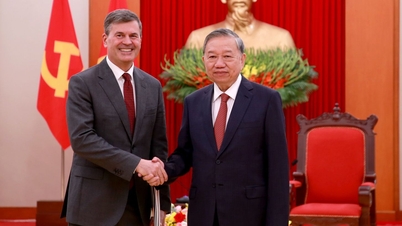












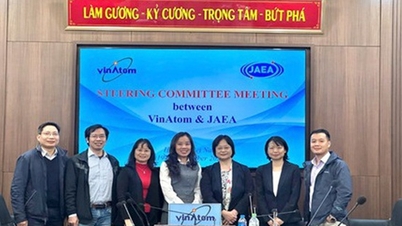
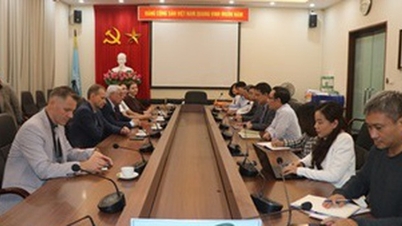
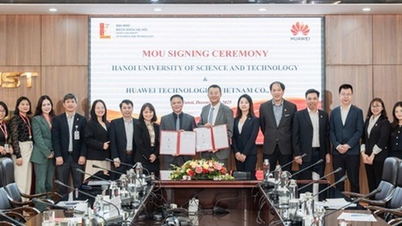


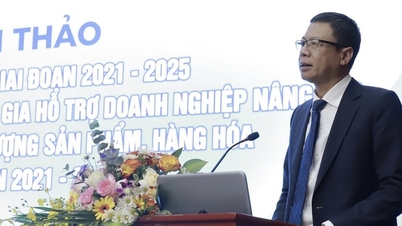




















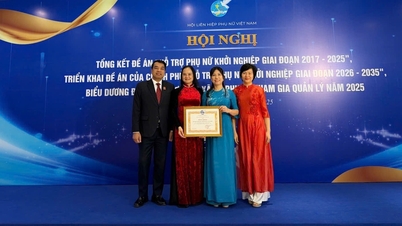
















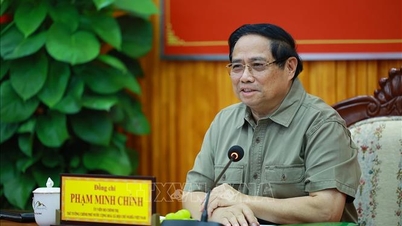

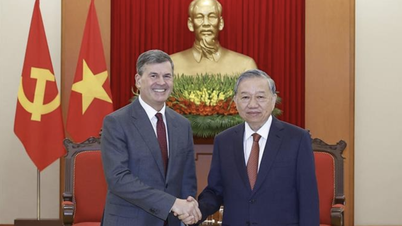




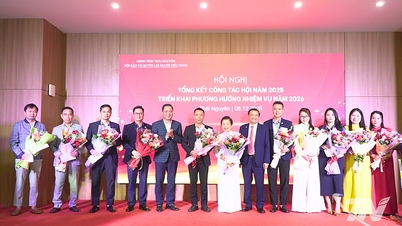


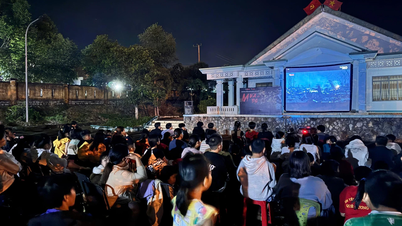

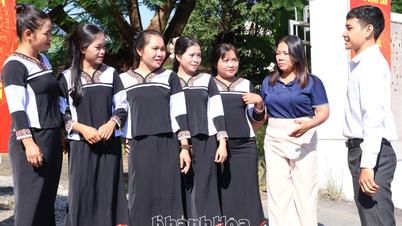

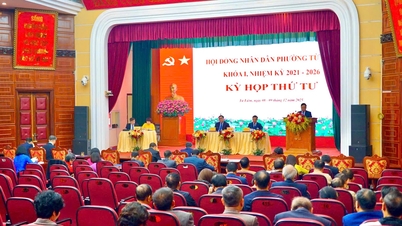

















Comment (0)